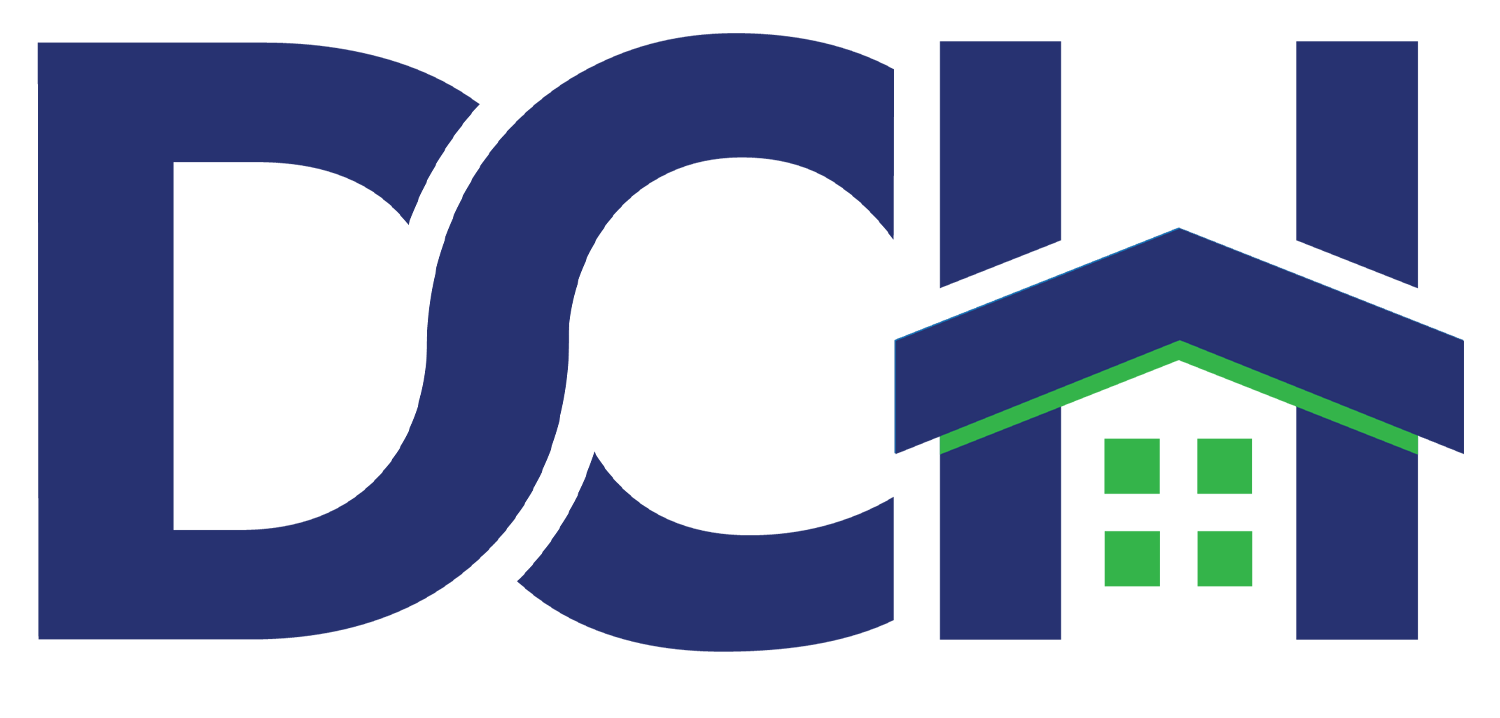The Story of Neighborhood Associations
Neighborhood associations are underpinning local power and activism. They unite neighbors and give communities a collective voice that shapes where we live. They are not formal municipal bodies; these organizations emerge directly from the will of the people, making them one of the most authentic forms of grassroots democracy in action.
Early Beginnings
Neighborhood associations emerged in the 20th century. Cities expanded, and residents unified to protect their interests and the integrity and character of their communities. Unlike homeowners’ associations, which are often legal and focused on property regulations, neighborhood associations have historically emphasized advocating for resources and protecting the long-term well-being of their neighborhoods. Early groups focused on improving sanitation, funding, and zoning for schools, as well as ensuring safety. With time they have become instrumental in shaping zoning laws, influencing city planning, and maintaining the culture and architecture of neighborhoods, which frequently are under pressure from urban growth.
Building Local Capacity
Neighborhood associations are vocal advocates for community-led development. Grassroots campaigns are some of the most life-changing. Neighborhood associations are responsible for public safety, addressing infrastructure needs, and hosting cultural events. Neighborhood associations give structure for collective action. In many cities, neighborhood associations are relied upon by government agencies and local families to ensure that public investments reflect real community needs. Neighborhood associations are collaborators as well as advocates.
Neighborhood Partnerships
Neighborhood associations are our partners in creating more equitable communities. The DCH Connected Communities Initiative recognizes their importance by investing in their ability to build capacity and drive local change. The Queen City Neighborhood Association is one of our Neighborhood Capacity Building Partners. Together, we are bringing awareness to the historic neighborhood and engaging in revitalization projects that breathe new life into single-family homes, with respect for Queen City’s rich heritage. The collaboration represents an extension of what neighborhood associations were founded to do: build collective power, preserve community character, and open doors for families to thrive in their own neighborhoods.
To learn how powerful community building can be, experience it firsthand at National Night Out (NNO), presented by the Queen City Neighborhood Association and DCH. NNO will take place at Salem Institutional Baptist Church on Tuesday, October 7, 2025, from 5:30 p.m. to 8:00 p.m., and all are welcome. In its third year, National Night Out in Queen City continues to strengthen bonds between residents, community leaders, and local law enforcement. The 2025 event promises to be even more impactful, with officers, officials, and community resource networks joining neighbors for food, music, and family fun.
NNO 2025 is a free event with something for everyone, including live music, delicious food from local vendors, kids' activities, and much more. Local organizations and resources will be available to provide information on everything from healthcare services and banking to educational programs, all in a block party, good-time format.

